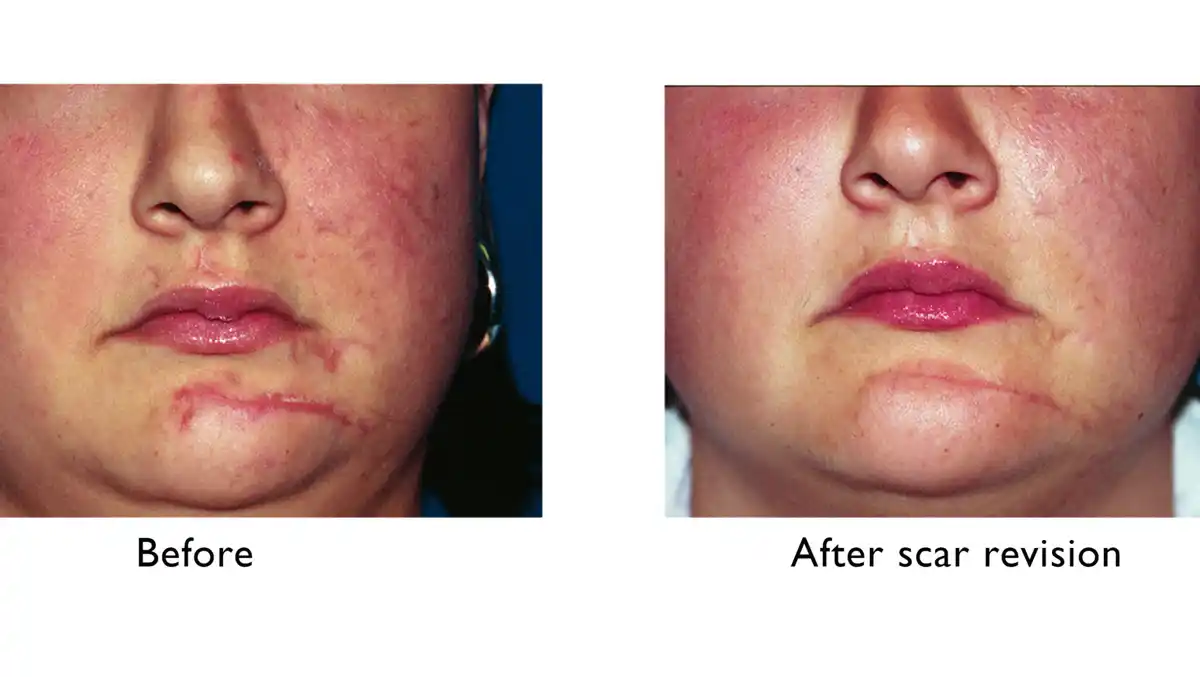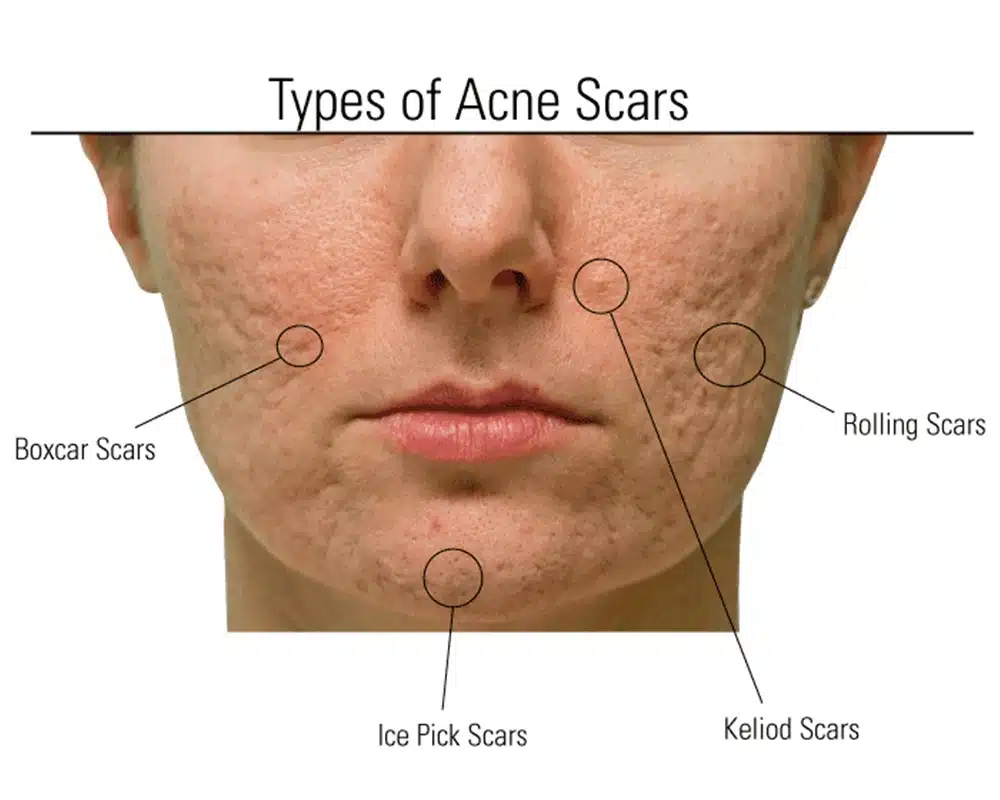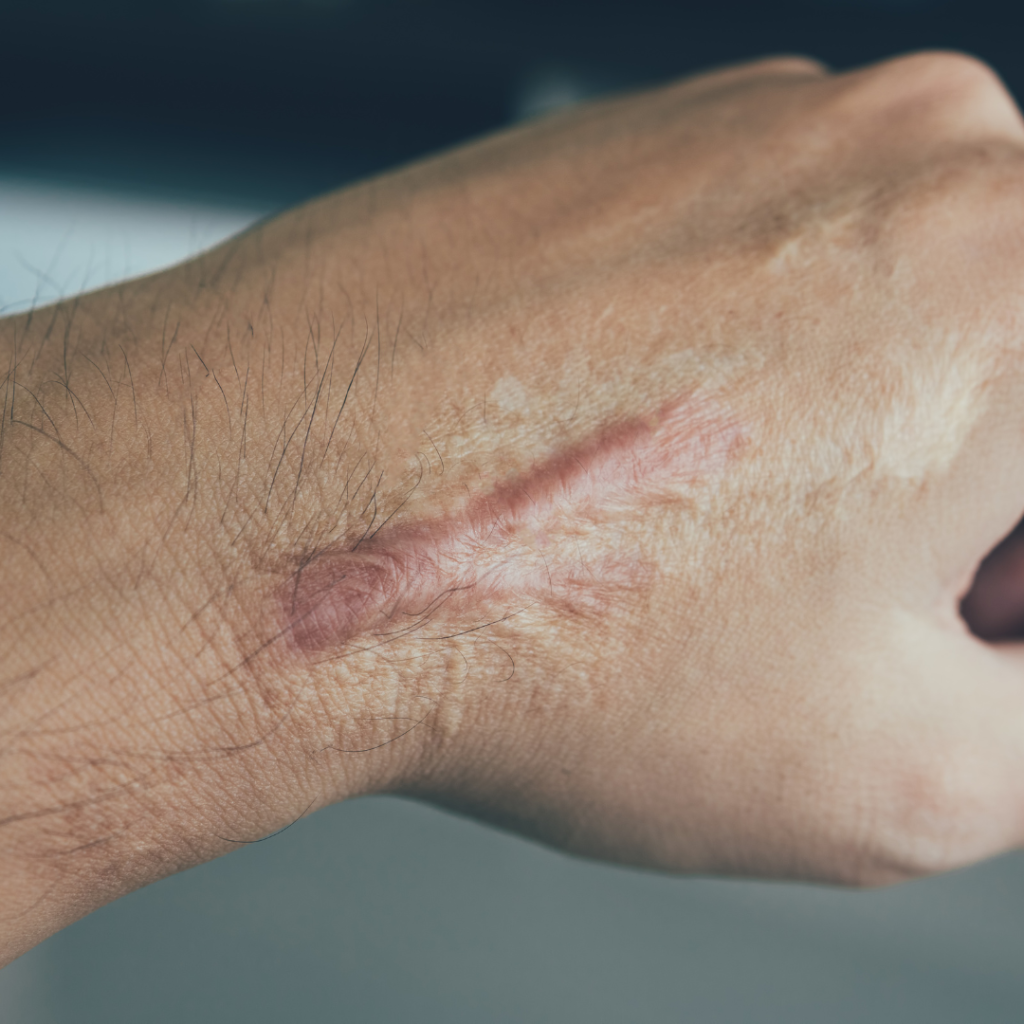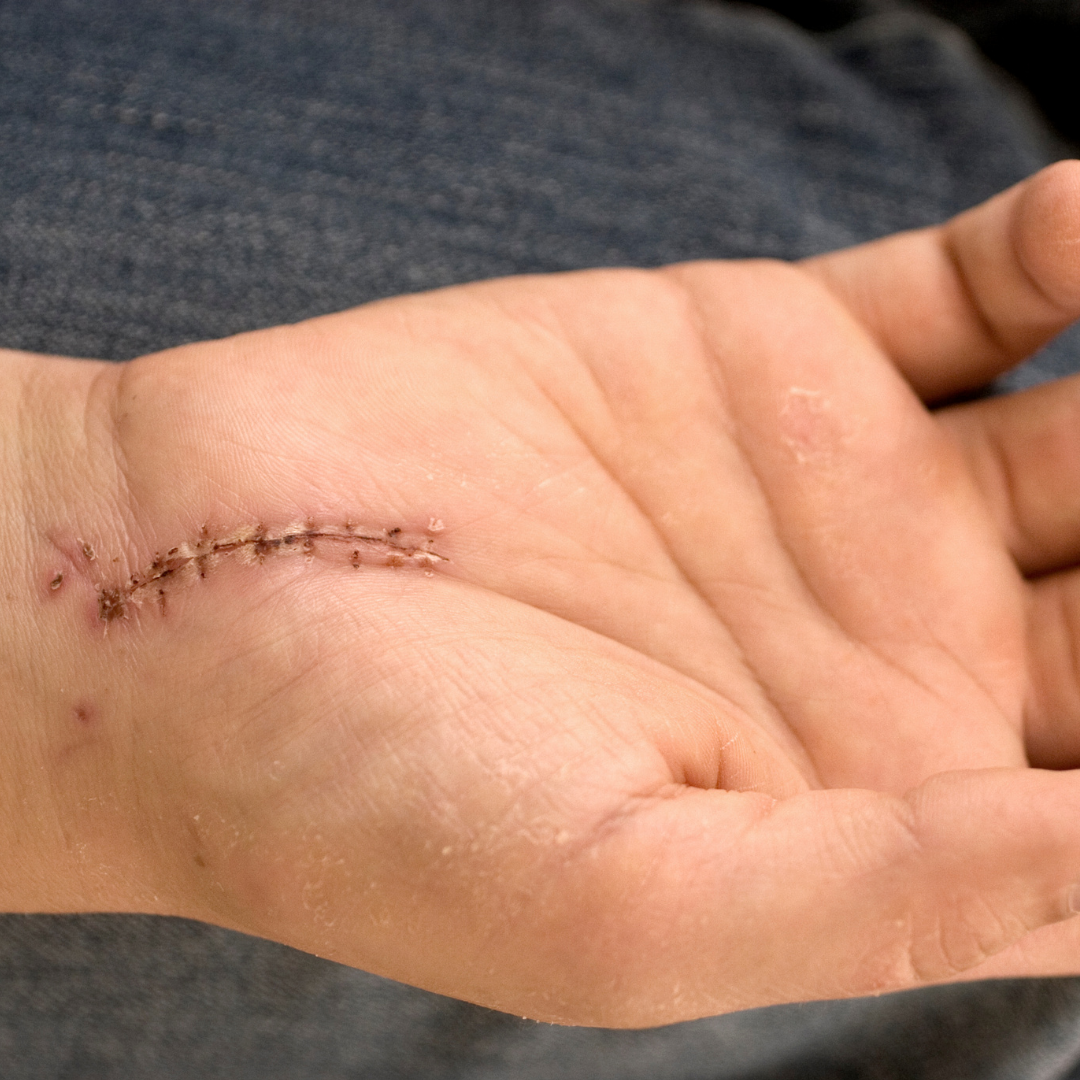Scar revision surgery is a cosmetic procedure designed to minimize the appearance of scars, making them blend more naturally with the surrounding skin. Scars can result from various sources such as acne, trauma, or accidents. This procedure is suitable for individuals looking to improve the aesthetic appeal of their skin and regain confidence in their appearance.
Conditions Treated with Scars:
Acne Scars: Acne can leave behind deep pitted or raised scars that are difficult to conceal. Scar revision surgery helps reduce the appearance of these scars, smoothing the skin and evening its texture.
Traumatic Scars: Injuries or surgeries often leave noticeable scars. These scars can be raised, discolored, or cause functional limitations. Scar revision surgery can reshape and reduce these scars, enhancing both appearance and function.
Accidental Scars: Scars from burns, cuts, or other accidental injuries can cause physical and emotional discomfort. Scar revision surgery helps in minimizing these scars, restoring a more natural look to the skin.
Benefits of Scar Revision Surgery:
- Discoloration or Darkening: The scar area appears darker or lighter than the surrounding skin.
- Texture Irregularities: Raised, depressed, or uneven skin surfaces caused by the scar.
- Limited Mobility: Scar tissue may cause stiffness or restrict movement, especially around joints.
- Emotional or Psychological Distress: Visible scars can sometimes affect self-esteem and confidence.
What to Do Before Scar Revision Surgery:
- Consultation: Schedule a detailed consultation with a plastic surgeon to assess your scar and discuss expectations.
- Pre-Surgical Instructions: Follow any pre-surgical advice, such as avoiding smoking, alcohol, or specific medications that might interfere with healing.
- Skin Preparation: Keeping the skin healthy prior to surgery is important. Moisturize regularly and avoid harsh treatments.
- Realistic Expectations: Understand that while scar revision can improve the appearance of a scar, it may not completely erase it.
Post-Surgery Care:
- Wound Care: Keep the treated area clean and follow your doctor's instructions for dressing changes.
- Sun Protection: Use sunscreen or protective clothing to shield the scar from UV rays, which can darken the healing tissue.
- Moisturizing and Massage: Regularly applying prescribed creams and gently massaging the area can promote healing.
- Avoid Strain: Ensure the area remains free from excessive stretching or tension, which can interfere with healing.
Conclusion:
Scar revision surgery offers hope to those struggling with the physical and emotional challenges of prominent scars, be they from acne, accidents, or trauma. With proper care before and after surgery, patients can see significant improvements in the appearance of their skin, gaining not only aesthetic enhancement but also emotional relief. Always consult with a qualified surgeon to discuss your options and ensure the best outcomes.




